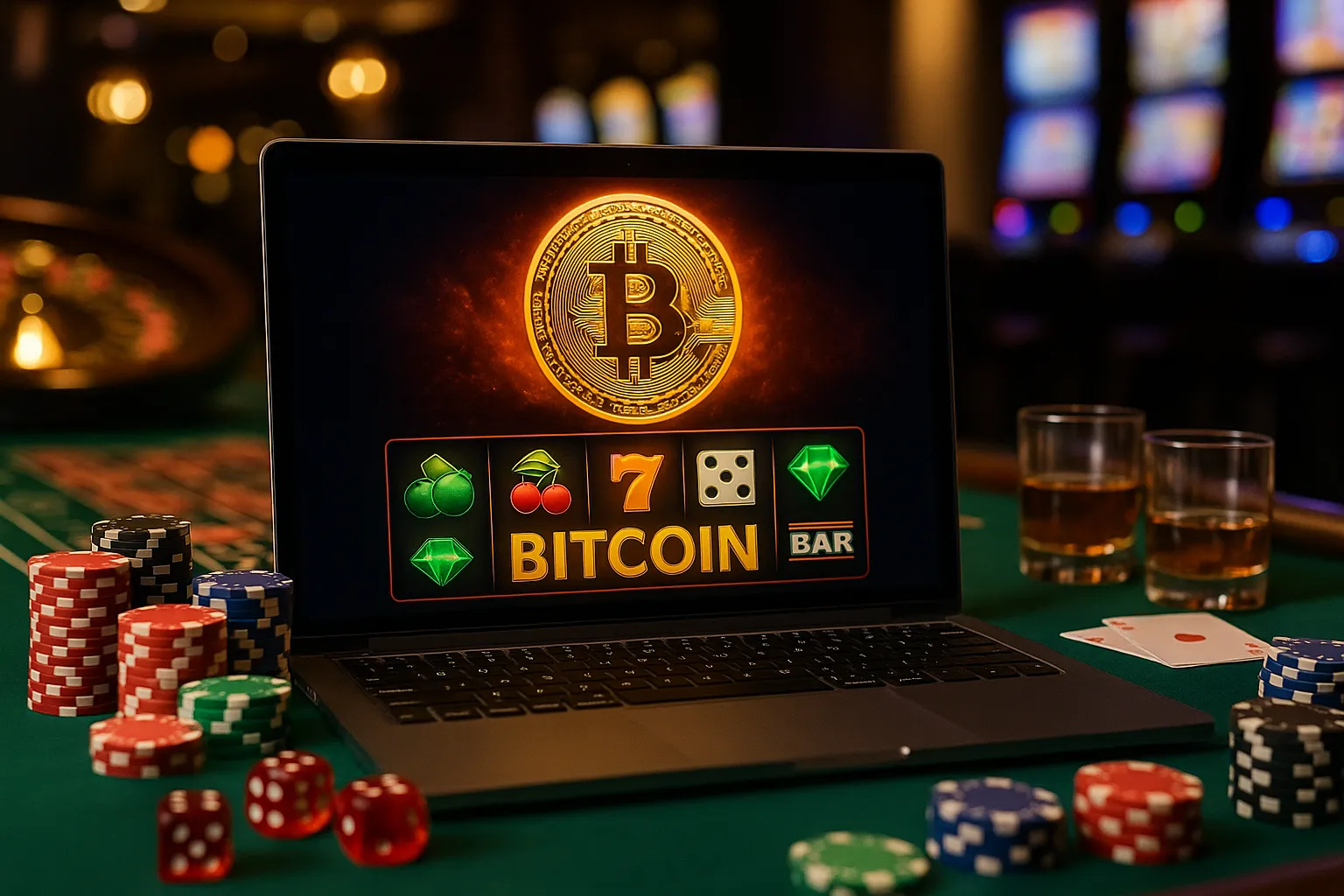Cryptocurrency casinos have stormed onto the online gambling scene over the past few years, promising rapid transactions, enhanced privacy, and novel gaming experiences. Enthusiasts laud them as the future of betting, while skeptics warn of volatility and regulatory pitfalls. Having tested a spectrum of platforms—spinning reels for Bitcoin, staking Ether on dice games, and exploring niche tokens on provably fair tables—I’ve gathered insights into whether these crypto-driven venues truly live up to the buzz.
Understanding Cryptocurrency Casinos
At their core, cryptocurrency casinos accept digital assets—Bitcoin, Ethereum, Litecoin, and an array of altcoins—instead of (or in addition to) fiat currencies like USD or EUR. Transactions are recorded on public blockchains, securing deposits and withdrawals through cryptographic protocols rather than traditional banking rails. If you’re accustomed to slow bank transfers or painstaking KYC procedures, the speed and anonymity can feel revolutionary. And for those curious about alternative trading platforms, exploring best betting exchange sites provides a peer-to-peer odds model that complements the crypto ethos of decentralization.
What Are the Main Attractions?
When I first dipped my toes into a crypto casino, I was struck by the seamless onboarding. A quick wallet import, a few clicks to deposit, and I was playing high-definition slots before most traditional sites would even verify my ID. There’s no waiting days for wire transfers or juggling multiple payment providers. Instead, confirmations on the blockchain typically clear within minutes.
Beyond speed, provably fair gaming stands out. Unlike opaque RNGs on some legacy platforms, provably fair games publish a cryptographic seed and hash. You can independently verify each spin’s fairness—an empowering feature for anyone tired of trusting faceless operators.
The Case for Cryptocurrency Casinos
Shortly after signing up, I found myself enticed by welcome bonuses—often denominated in satoshis (fractions of a Bitcoin) or token-based rewards. These promotions frequently outshine what I’d seen at fiat casinos, partly because crypto operators compete fiercely to build market share. Free spins, deposit matches, and token airdrops became regular incentives.
The global accessibility cannot be overstated. Players in regions with restrictive banking laws can still participate using a decentralized currency. And if you’ve ever been frustrated by a locked account or account closure, the self-custody model of crypto wallets offers a layer of empowerment—your funds and identities remain under your control.
Drawing Back the Curtain: Potential Risks
However, the crypto casino model isn’t without its downsides. First among them is the inherent volatility. I once deposited 0.1 BTC when it was worth about $4,500. By the time I withdrew my modest winnings a week later, that same 0.1 BTC had slumped to $4,200—effectively wiping out my gains. Conversely, a sudden pump could inflate profits, but such swings add an emotional roller coaster to gambling that fiat lacks.
Regulatory uncertainty is another concern. While some jurisdictions have embraced or at least tolerated crypto wagering, others view it as money laundering or unlicensed gambling. This grey zone can leave your funds at risk: platforms may suddenly block withdrawals if local laws shift, and there’s often minimal recourse in traditional courts.
Security risks also loom large. Although blockchain transactions themselves are secure, wallet hacks and phishing attacks remain common. I’ve had to enable multiple layers of protection—hardware wallets, 2FA, and regular address whitelisting—to feel confident managing my crypto bankroll.
Practical Tips for Navigating Crypto Casinos
If you’re intrigued by the promise of instant deposits and provably fair games, here are some strategies I’ve honed:
-
Diversify Your Holdings: Don’t gamble with your only Bitcoin stash. Keep a separate wallet specifically funded for play, ideally converting small amounts of stablecoins when you prefer less price fluctuation.
-
Understand Fees: Blockchain transaction fees can spike unpredictably. Time your top-ups for off-peak periods or use networks like Litecoin or Tron, which often carry lower gas costs.
-
Verify Licensing and Reputation: Look for platforms with transparent audit reports, active community channels, and third-party security certifications.
-
Start Small: Treat your first few sessions as exploratory. Familiarize yourself with the interface, withdrawal process, and customer support responsiveness before betting significant amounts.
How They Compare to Traditional and Exchange Platforms
Traditional online casinos still dominate in terms of game libraries, brand recognition, and regulatory clarity. Their ties to established payment processors ensure consistent user experiences. Yet they often impose lengthy KYC checks, and withdrawals can take days. In contrast, crypto platforms prioritize speed and privacy but may lack the polish of a seasoned operator.
Meanwhile, crypto bettors might also consider decentralized betting exchanges, where you can offer or take odds against peers. These venues mirror the ethos of decentralized finance—no central house edge, purely peer-to-peer wagers. If the concept intrigues you alongside crypto casinos, exploring the best betting exchange sites can reveal a refreshing model where you essentially set the odds yourself.
Real-World Experience: My Crypto Casino Journey
In one memorable week, I tried three different Bitcoin casinos. On Site A, I enjoyed a generous 200% deposit bonus and discovered the thrill of live blackjack without revealing personal documents. On Site B, however, the withdrawal process flagged my account for additional KYC—ironically undermining the anonymous appeal. And Site C suffered a brief hack—luckily, their insurance fund covered losses, but it underscored the importance of operator reputation.
Across these experiences, my wins and losses often hinged more on game selection than platform choice. Volatility aside, the core math of slots and table games remains unchanged whether you spin with euros or satoshis.
Final Verdict: Worth the Hype?
Cryptocurrency casinos offer undeniable advantages: speed, privacy, and provably fair gaming. For tech-savvy gamblers who value self-custody and global access, they can be a liberating alternative to legacy sites. However, the specter of price volatility, regulatory grey areas, and security risks cannot be ignored.
If you’re comfortable managing digital wallets, diversifying across coins, and conducting thorough due diligence on operators, a crypto casino can add an exciting dimension to your gambling repertoire. But if steady fiat stakes and insured payouts are your priority, traditional platforms still hold the edge.
Ultimately, whether crypto casinos are “worth the hype” depends on your risk tolerance and appetite for innovation. I’ve found them compelling for small, experimental play—always separating a designated crypto budget from my main bankroll. As the industry matures and regulatory frameworks stabilize, crypto casinos may well carve out a lasting niche. For now, approach them with curiosity, caution, and a readiness to learn from each spin.








